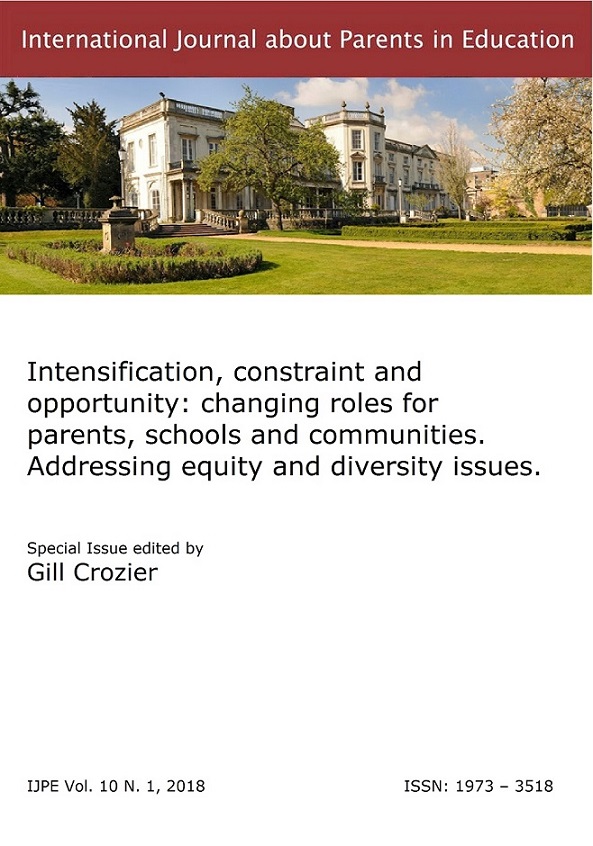Family-School-Community Partnerships in an Atayal Village
A Case Study of the Role of Tribal Tutors in an Indigenous Taiwanese After-School Tutoring Program
DOI:
https://doi.org/10.54195/ijpe.14130Keywords:
Taiwan, indigenous education, after-school tutoring, community empowermentAbstract
Governmental and non-profit programs have been providing supplemental learning support for indigenous children in the remote areas of Taiwan. Using the theory of social support networking, this study examines the efforts of the unique non-profit Boyo After-School Tutoring Program and uncovers the self-perceived roles of Boyo tutors in promoting the educational growth of indigenous students in the community. From thematic analysis of indepth interviews with five tutors, several themes emerged: (1) motivation to become a tutor; (2) tutors’ diverse roles/responsibilities; (3) tutors’ obstacles and challenges; and (4) tutors’ perceptions of their contributions and value to their community. Most significantly, the research suggests the effectiveness of practising the concept of “it takes a village to raise a child” that a tribal village which invests in relationships among family, school, and the local community can promote and sustain its educational efforts.





